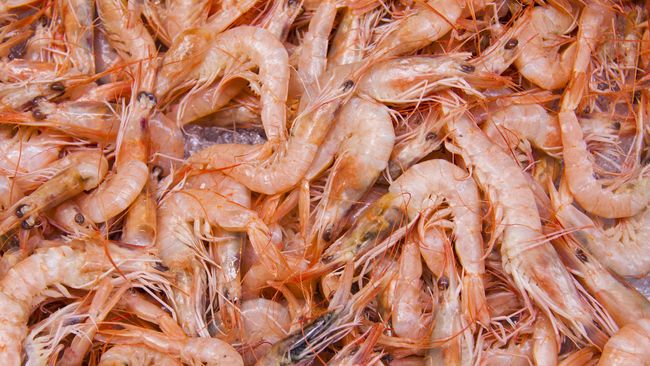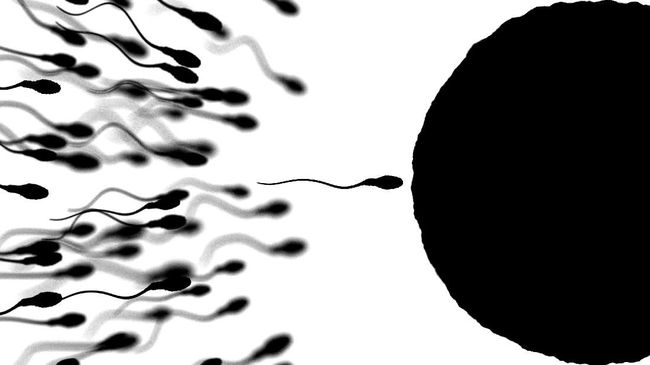
List of contents
Jakarta, clubnet Indonesia
–
National Agency of Drug and Food Control
United States of America
(US Food and Drug Administration/FDA) recently issued a warning related to the prohibition of consuming
shrimp
from Indonesia.They prohibit people from buying, selling, and consuming frozen shrimp products from Indonesia which are allegedly contaminated with radioactive isotopes, Cesium-137.
In an official notification on Tuesday (8/19), the FDA said, the ban was specifically intended for raw frozen shrimp brand Great Value which was processed by PT Bahari Makmur Sejati (BMS Foods).
Consumers who already buy this product are asked to immediately throw it away.While distributors and retailers are ordered to withdraw products from the market.
What is cesium?
Launch page
Britanica
, Cesium (CS) is a chemical element of the alkaline metal group that was first discovered in 1860 by German scientist Robert Bunsen and Gustav Kirchhoff.Name ‘
cesium
‘Derived from Latin’
Caesius
‘which means’ sky blue’, because of the unique blue spectrum line when this element is observed spectroscopy.
In its natural form, cesium is a golden silver metal, very reactive, and melts at a temperature of only 28.4 degrees Celsius, almost equivalent to room temperature.
This element is widely used in the industrial field, ranging from the manufacture of photoelectric cells, vacuum tubes, to super accurate atomic clocks that are standard for world time measurement.
But, the problem in shrimp is not a stable cesium, but a radioactive cesium like Cesium-137.This isotope is formed from a nuclear physical reaction, for example during an atomic bomb explosion or nuclear reactor accident such as Chernobyl and Fukushima.
Why is Cesium-137 dangerous?
Unlike the stable cesium, the Cesium-137 emit high-energy radiation.If you enter the body through food, drinks, or air, then this substance can accumulate in muscle tissue and spread throughout the body.
Put the page
Here
, exposure in the long run has the potential to cause various health problems, ranging from nausea, vomiting, nervous system disorders, to DNA damage that can increase the risk of cancer.
Therefore, radioactive contamination on food is a serious concern of health authorities throughout the world.No wonder then Cesium-137 exposure should not be considered trivial.
Radioactive isotopes can affect the human body in various ways, especially if they enter through contaminated food or drinks.
Here are some things to consider related to Cesium-137 exposure:
1. Easy to spread in the body
Once swallowed, Cesium-137 will enter the bloodstream and quickly spread to muscle tissue.Because muscles are the largest part of the human body, this substance can last a long time in the body.
2. Short -term health problems
High dose exposure can cause acute symptoms such as nausea, vomiting, fatigue, diarrhea, to headaches.Some cases are also reported to cause nerve disorders in a matter of minutes until the hour after exposure.
3. Long -term risk
What is most worried is DNA damage.Radiation from Cesium-137 can slowly damage the body’s cells, increase the risk of cancer, especially blood cancer (leukemia) and thyroid cancer.
4. Effects on the heart
Some medical studies also find that long -term consumption of cesium can trigger heart rhythm disorders (arrhythmia) to long QT syndrome, potentially fatal conditions if not treated immediately.
(tis/asr)
[Gambas: clubnet video]
Read More: Italian media was surprised to see the effect of Jay Idzes in Sassuolo
Read More: VIDEO: The hunger crisis in Gaza, residents of the food aid trucks


